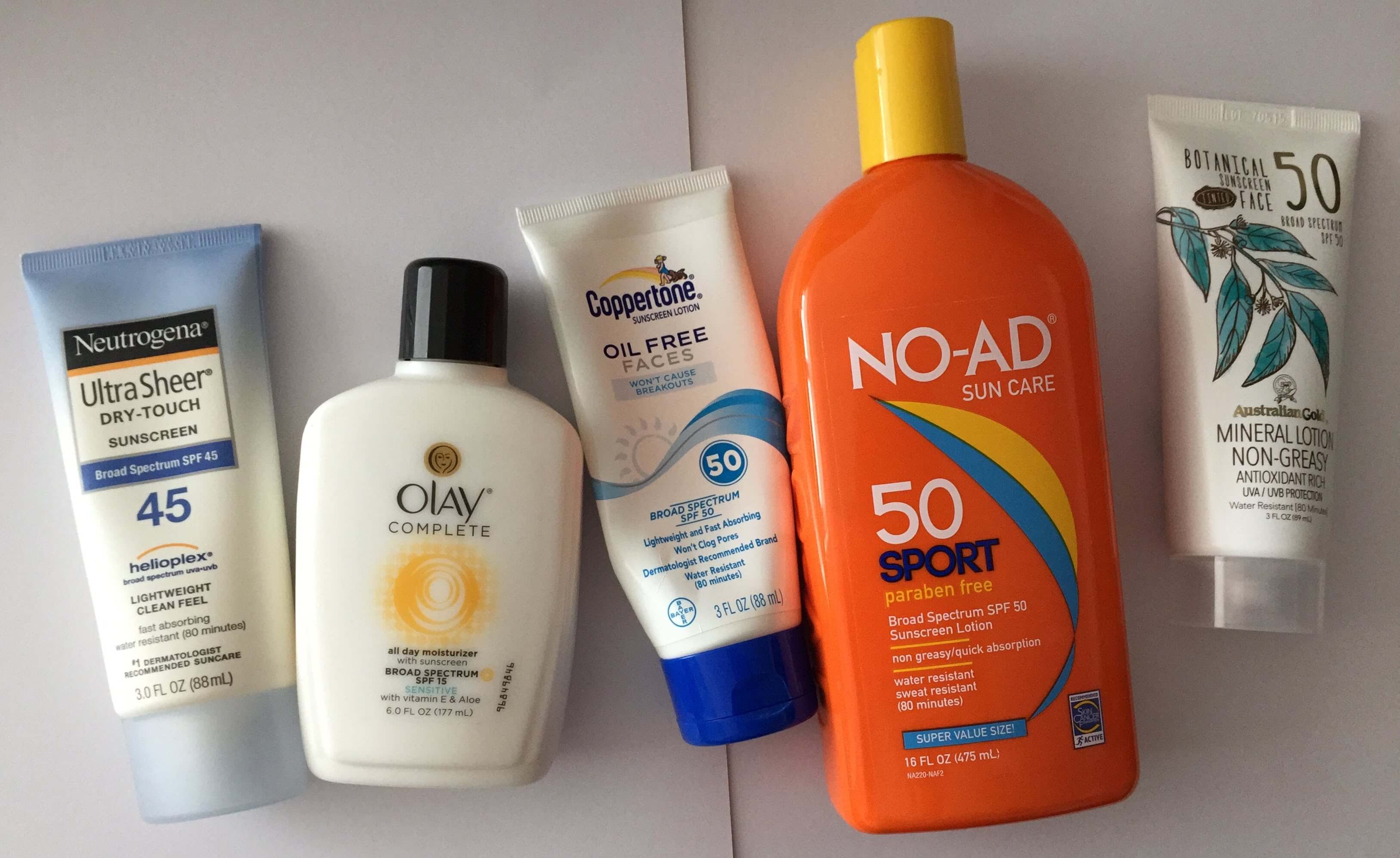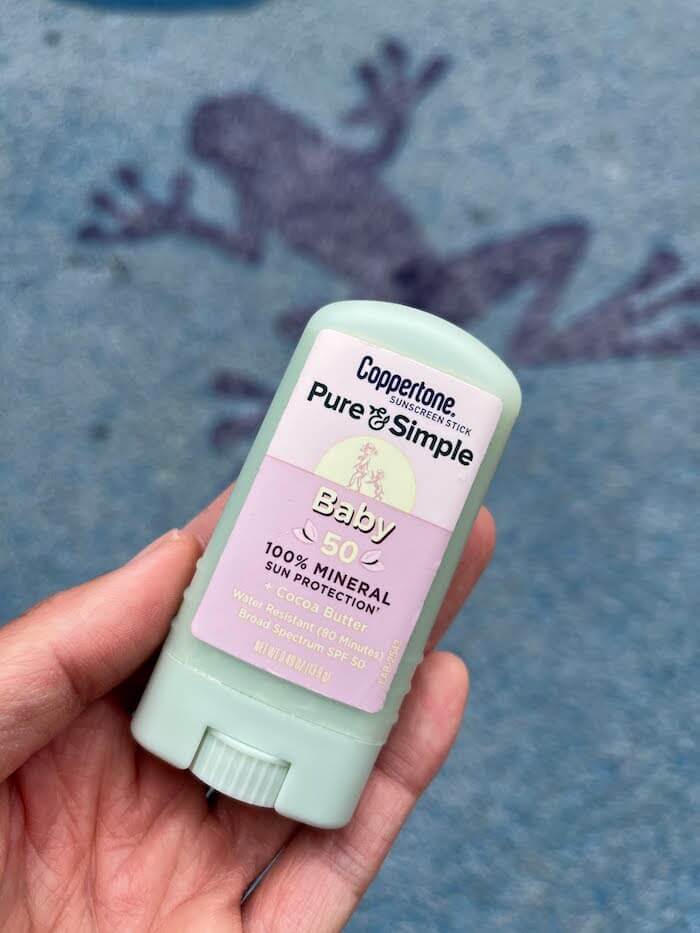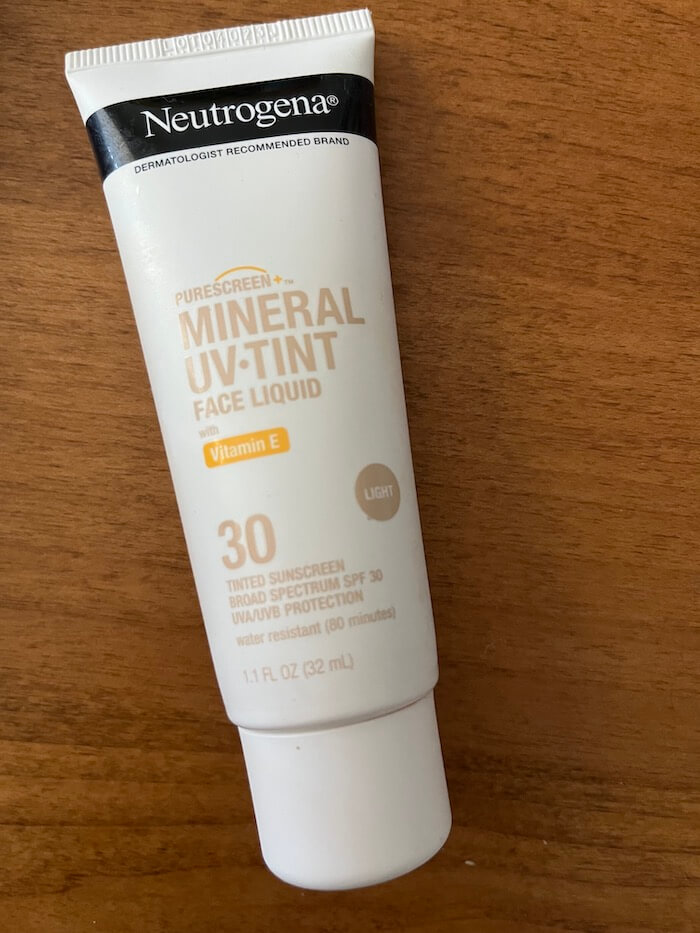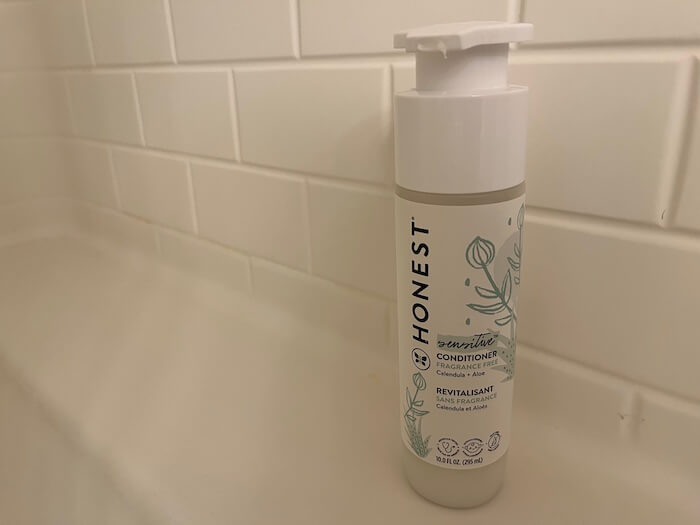The chemist's perspective: Is sharing SPF test results just a marketing ploy?
My dad explains why many companies may not want to share their SPF clinical testing results with customers.
I still find it odd that more companies don’t share their SPF testing results with consumers—or at least the name of the lab they use. I think it seems suspicious that they don’t share these test results. But then I asked my dad what he thought. His answer surprised me and made me consider the other side of things: are companies intentionally choosing not to share their SPF clinical testing results with the public, not because they fear that the test results are illegitimate, but because they think it makes them look desperate?
I asked my dad why EltaMD and Supergoop! were two of the only companies who shared their SPF testing results, and why they both used AMA Labs for some or all of their testing. I was wondering if AMA Labs was a famous testing lab for many major brands, or if it was just a coincidence. I also was curious to hear what he thought about the rumors of AMA Labs' fraud.

Chemist’s Advocate: What my dad thinks about companies who share their SPF test results
What I learned from Chemist’s Advocate: Trusting the FDA + companies' SPF test results
I found a few things interesting about my dad’s letter. Let’s dive into the main points in more detail.
Sunscreen duels: Any company can challenge a competitor’s SPF claims
I was surprised to learn that competing companies can actually “challenge” any product’s SPF claims by sending it off for testing. I don’t know how often this actually happens, but I think it’s interesting. Capitalism at work! Company A could challenge company B by sending a sample of company B’s product to a lab, and then report company B to the FDA if the results indicate that company B’s product fails to meet its stated SPF claim. Sounds like a great way to undermine the competition. Sunscreen wars…coming to a theater near you.
Some companies have a team dedicated to auditing/approving the right lab(s) to use
I guess my dad has heard about some testing labs that try to “produce” good results to please their customers and attract new business. This is really scary! However, I was somewhat reassured to learn that some companies, including my dad’s former employer, have a whole team that is required to audit/approve each raw material supplier, manufacturer, and clinical testing lab before they can use that supplier or service. I imagine that these companies are probably(?) pretty thorough about the suppliers and testing labs they choose, since that’s their whole job, after all. But that’s just a guess.
Publishing SPF testing results can seem like a cheap sales ploy
I was also surprised to see that my dad was not nearly as impressed by EltaMD and Supergoop! as I was—and, in fact, he thinks that it seems suspicious for marketers to use these testing results as a sales tool. Since the FDA considers sunscreen to be a drug, companies that produce sunscreen need to keep detailed documentation on hand in case they get audited. My dad thinks that consumers should be reassured by the fact that a reputable company will have its testing results on file in case the FDA inquires/audits any claims, but there’s no reason to flaunt these documents on your website and share them with the public. To him, it just makes the company look suspicious, like they’re bragging about something that everyone should already expect all companies to do (without being praised).
My dad’s vocabulary is heavily skewed because of his profession. So every now and then he uses a word that I have to look up, even though English is my first language, and his second. In this case, he used the word “monograph”. According to the Consumer Health Products Association: “A monograph is a regulatory standard for ingredients. It is a kind of ‘recipe book’ covering acceptable ingredients, doses, formulations, indications, and labeling. Any OTC medicine that conforms to the monograph may be manufactured and sold without an individual product license.”
This is one of the many documents that manufacturers need to keep on file for their OTC medicines (sunscreen), in case the FDA conducts an audit and/or a competitor challenges the SPF claim of their product. Crazy, huh?
Time to chill
I’m glad that my dad provided some perspective on the question that has been plaguing me for the past week or so: Why don’t more companies share their SPF testing results with consumers? What do they have to hide?
The answer to this question is, maybe they aren’t trying to hide anything. At some point, you have to trust the FDA to conduct audits of companies—and trust companies to choose testing labs that produce honest clinical data. And even if you don’t trust either of those things, you can still trust in the power of competition in a capitalist society: Competitors can challenge other companies' SPF claims if they so wish. To me, this reinforces the idea that it’s probably safer to choose a name brand of sunscreen—these companies are large enough to hire teams that select quality suppliers and testing labs. These companies are also more successful and well known, which means that they’re more likely to be audited/challenged by the FDA and competing brands. Meanwhile, smaller players in the market may have less money to invest in researching and using a quality testing lab, and they also may be less inclined to use labs that could negatively impact the SPF claims of their products.




Share this post
RSS
Facebook
Reddit
Email